Yaşar Kemal
Yaşar Kemal

Yaşar Kemal (1923–2015) was a prominent Turkish writer and human rights activist of Kurdish origin. Born as Kemal Sadık Gökçeli on October 6, 1923, in Hemite (now Gökçedam), a Turkmen hamlet in Osmaniye province, southern Turkey, he was raised in the only Kurdish family in the village. Despite being the only Kurdish family, he did not face discrimination based on his ethnicity.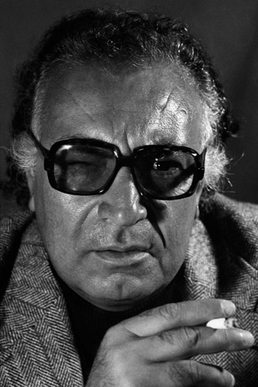
Kemal's childhood was marked by hardship, including the loss of his right eye in a knife accident during a sheep slaughter and the witnessing of his father's murder at the hands of his adoptive son when he was only five years old. These traumatic experiences left him with a speech impediment, which persisted until he was twelve years old. Despite the challenges, Kemal showed early signs of literary talent and became a locally noted bard even before starting formal education.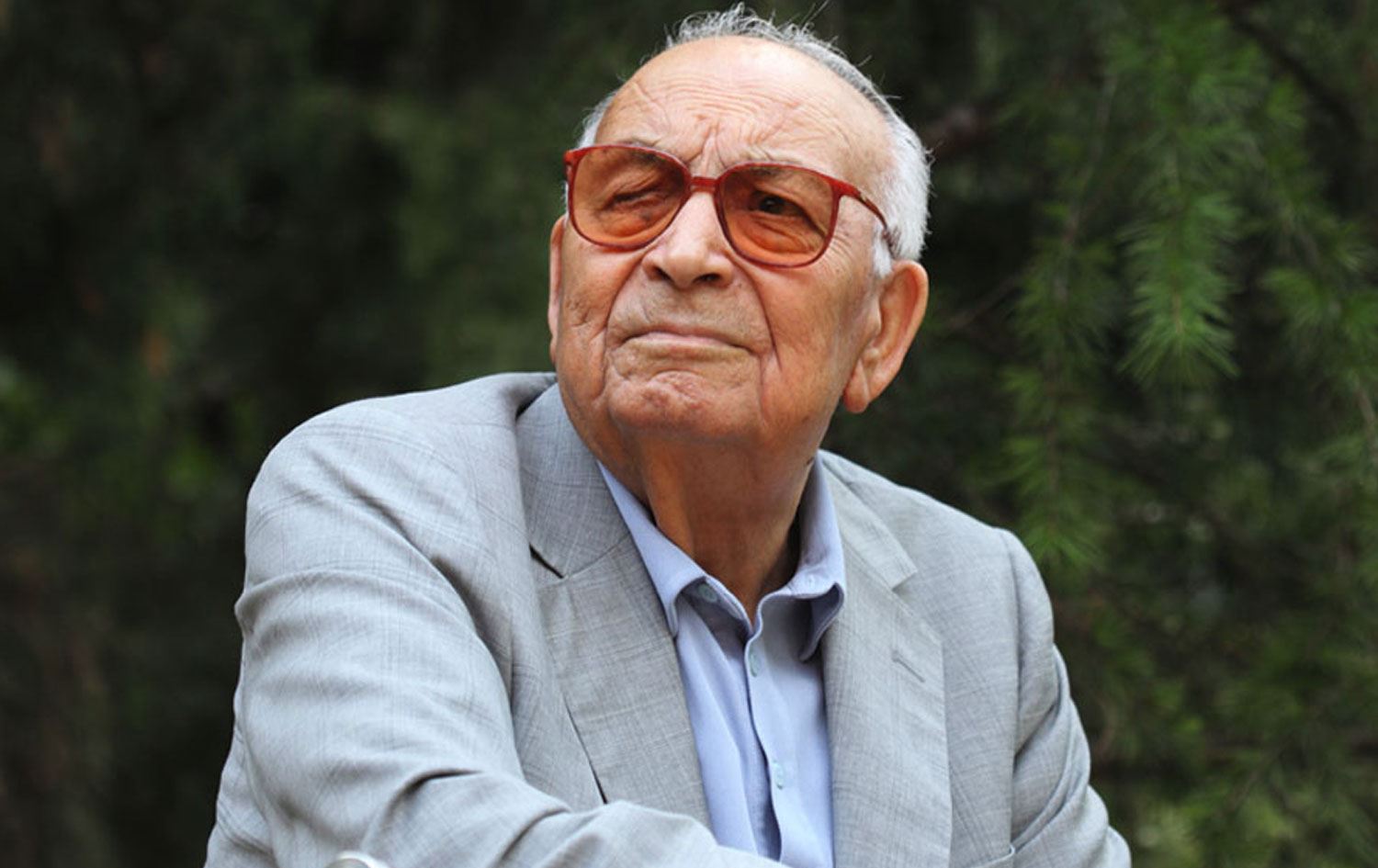
His family faced difficulties and had to move from Van province to Diyarbakır province and were later deported to Adana province. Kemal began his formal education in Kadirli, Osmaniye province, but faced challenges like a speech impediment. Despite his difficulties, he excelled academically and showed an interest in writing after talking to an itinerant peddler. His village supported him in attending university in Istanbul.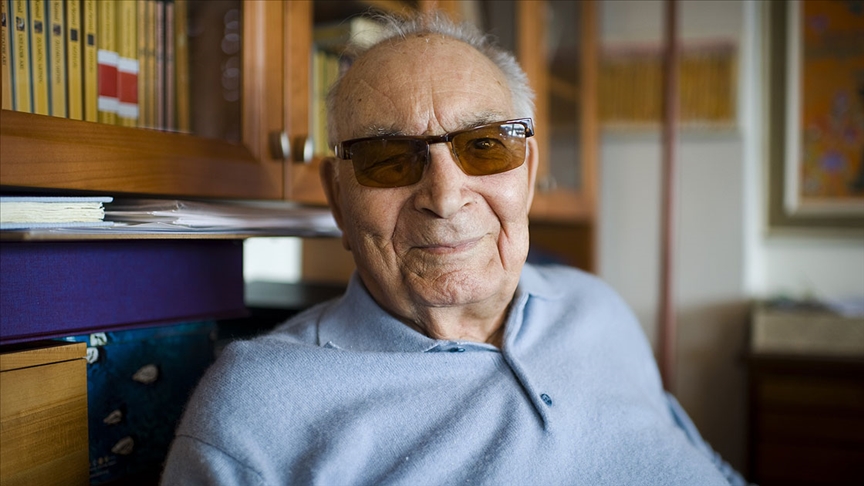
Kemal worked in the Çukurova cotton fields as a laborer, taught poor farmers to steal water, and later worked as a letter-writer and journalist. His first two novels were confiscated by the Turkish police. In 1950, he was imprisoned for alleged communist activities. Kemal played a role in halting the demolition of Akdamar Island's Holy Cross Church in 1951.
He moved to Istanbul to work for the Cumhuriyet newspaper, adopting the pen name Yaşar Kemal. In 1962, he joined the Workers Party of Turkey (TİP) and served as one of its leaders until 1968. He established the Marxist magazine Ant in 1967. Due to political turmoil, he moved to Sweden for a period. Kemal faced legal issues and arrests for his political activities.
In his later years, Kemal continued his activism and was involved in negotiations over hunger strikes against the F-Type prisons in 2000. He was prosecuted in 1995 for separatist propaganda but received a suspended sentence. On January 14, 2015, he was hospitalized in Istanbul and passed away on February 28, 2015, due to respiratory insufficiency and multiple organ dysfunction syndrome. He was buried beside his first wife Thilda's grave in Zincirlikuyu Cemetery. Kemal left a lasting impact on Turkish literature and culture, receiving numerous awards during his lifetime.

In 1943, Yaşar Kemal published his first book, "Ağıtlar" ("Ballads"), which was a compilation of folkloric themes. This work brought attention to many long-forgotten rhymes and ballads that he had started collecting at the age of sixteen. During his military service in Kayseri in 1944, he wrote his first tale, "Pis Hikaye" ("The Dirty Story"). Subsequent stories such as "Bebek" ("The Baby"), "Dükkancı" ("The Shopkeeper"), and "Memet ile Memet" ("Memet and Memet") were published in 1950. In 1952, he published a book of short stories titled "Sarı Sıcak" ("Yellow Heat"). Initially, Kemal's books focused on the lives, sufferings, and toil of the people of the Çukurova plain, utilizing the legends and stories of Anatolia as the foundation for his works.
In 1955, Yaşar Kemal gained international acclaim with the publication of "Memed, My Hawk" (Turkish: "İnce Memed"). The novel criticized societal structures through its protagonist, who escapes to the mountains due to the oppression of the ağas. Kemal became one of the most famous writers in Turkey, recognized for his command of language and lyrical descriptions of Turkish rural life. Over his lifetime, he won nineteen literary prizes and was nominated for the Nobel Prize in Literature in 1973.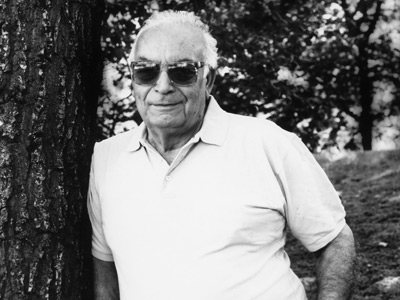
His 1955 novel "Teneke" was adapted into a theatrical play, which ran for almost a year in Gothenburg, Sweden, where he lived for about two years in the late 1970s. Italian composer Fabio Vacchi also adapted the same novel into a three-act opera, which premiered at the Teatro alla Scala in Milan, Italy, in 2007.
In his personal life, Yaşar Kemal married Thilda Serrero in 1952. Thilda, a member of a prominent Sephardi Jewish family in Istanbul, translated seventeen of her husband's works into English. Thilda passed away in 2001 from pulmonary complications at the age of 78. In 2002, Yaşar Kemal remarried Ayşe Semiha Baban, a lecturer in public relations at Istanbul Bilgi University, who had been educated at the American University of Beirut, Boğaziçi University, and Harvard University.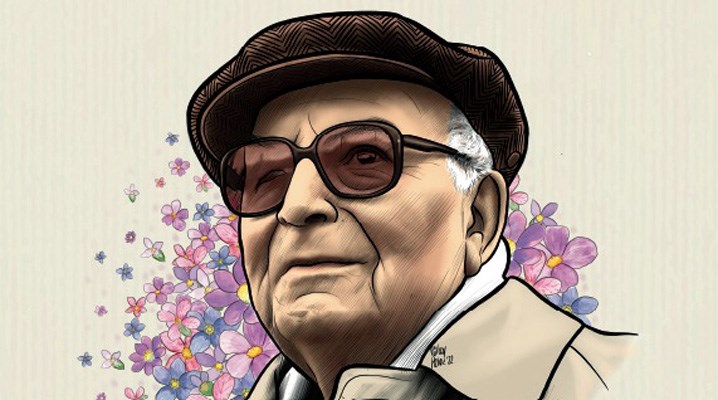
REFERENCES;
- "Yaşar Kemal biography". Archived from the original on 28 December 2017. Retrieved 13 June 2007.
- Ertan, Nazlan (6 March 1997). "French pay tribute to Yasar Kemal". Turkish Daily News. Archived from the original on 31 May 2008.
- Perrier, Jean-Louis (4 March 1997). "Yachar Kemal, conteur et imprécateur". Le Monde (in French). Retrieved 17 August 2008.
- "Ölene kadar Nobel adayı olacağım". Hürriyet (in Turkish). 2 July 2007. Retrieved 4 April 2008.
- Norman, Roger (5 June 1997). "Yasar Kemal and the last of the nomads". Turkish Daily News. Hürriyet. Archived from the original on 18 April 2013. Retrieved 15 December 2008. ...for Yasar Kemal has become perhaps the best known champion of human rights in Turkey, the godfather of freedom of conscience. He is no stranger to prison and currently has a suspended prison sentence hanging over him.
- "Turkish author Yasar Kemal dies at 92". BBC. Retrieved 10 March 2016.
- "Yasar Kemal, one of Turkey's best-known novelists, dies at 91". Retrieved 10 March 2016.
- "Yasar Kemal: Author who came into conflict with Turkey for addressing human rights". Archived from the original on 7 May 2022. Retrieved 10 March 2016.
- "Usta yazar Yaşar Kemal tedavi gördüğü hastanede hayatını kaybetti!". Retrieved 10 March 2016.
- "prominent-writer-yasar-kemal--laid-to-rest". Hürriyet. Hürriyet Daily News.
- Barchard, David (1 March 2015). "Yasar Kemal obituary". The Guardian. Retrieved 3 April 2022.







![[LIVE] Engage2Earn: Let's keep Sam delivering for Hawke](https://cdn.bulbapp.io/frontend/images/2c5d8b18-5618-4a2a-9051-89ceddbcdfd5/1)
































